NFT in the Metaverse: how to buy them and make money on them? (Part 1)
- George Solotarov
- Hits: 472
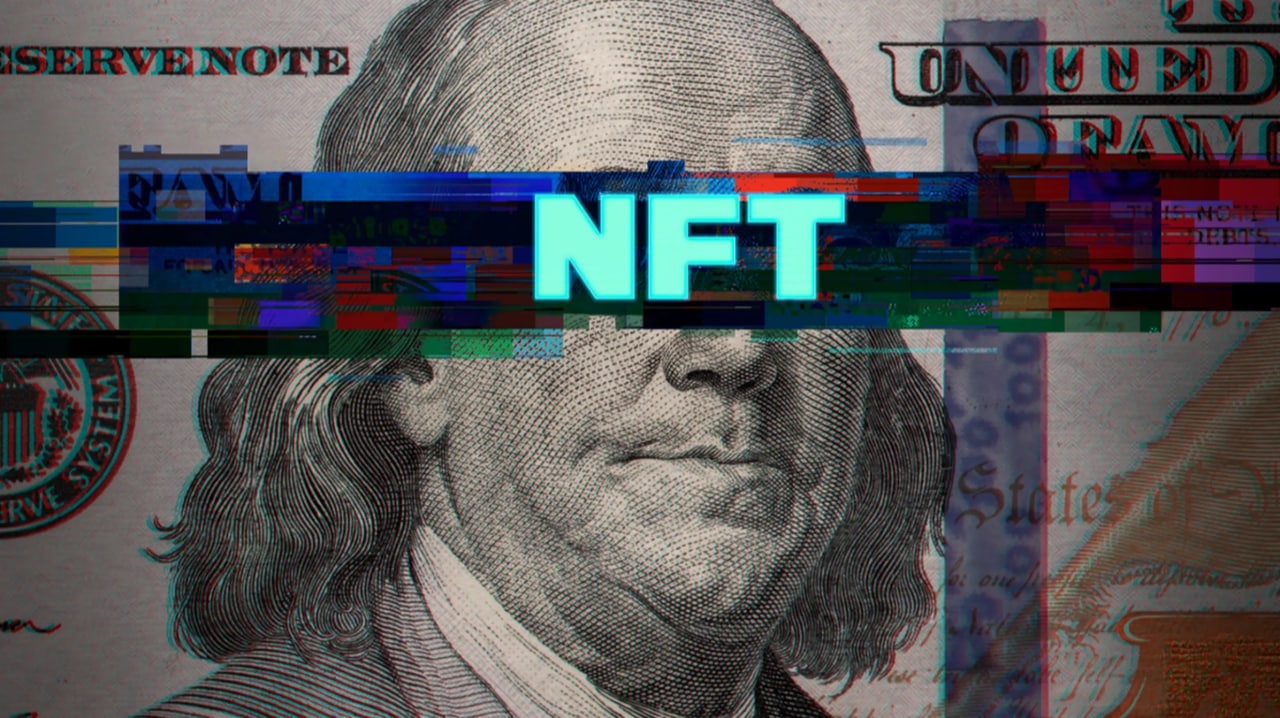
Blockchain, Metaverse, NFT - they are inextricably linked, but how exactly? One doesn't exist without the other, but for most people, it's not the connection between these concepts that's more important, but their financial potential. In fact, NFT in the Metaverse is exactly that - non-interchangeable tokens form a universal financial model, which is ideal for the digital world. But you don't need to be a big developer or the owner of a sought-after web product to make money from NFT. Anyone can make a profit, and now we'll tell you what you need to do it.
What is Metaverse NFT?
Many people think that NFT and the Metaverse don't exist in isolation from each other, and that's partly true. That's because the Metaverse as it stands would be impossible to create without NFT. We are talking about tokens, which are issued in a single copy and cannot be replaced by their counterpart. At the same time, they retain all the properties of a typical cryptocurrency coin. That is, they can be bought and sold.
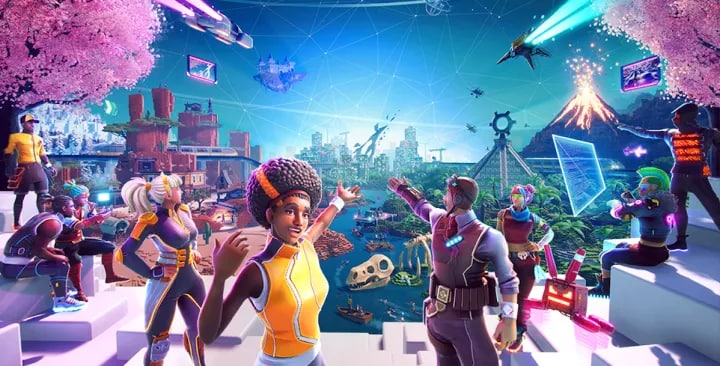
This is the first difference between NFT from other coins - they have no copies. This means that these tokens can act as a kind of certificate, a proof of ownership of something. For example, land in the Meta Universe is an NFT, with each plot having its own unique token. The owner of the token owns the land, and as long as he has the token, no one else can physically claim that land.
Another example is a ticket to an online concert or closed VR event. It also makes sense to make such a ticket in the form of a non-interchangeable token, because you can't forge it, but you can sell it and pass it on. NFT in games is a separate topic, and we will talk about it in detail below.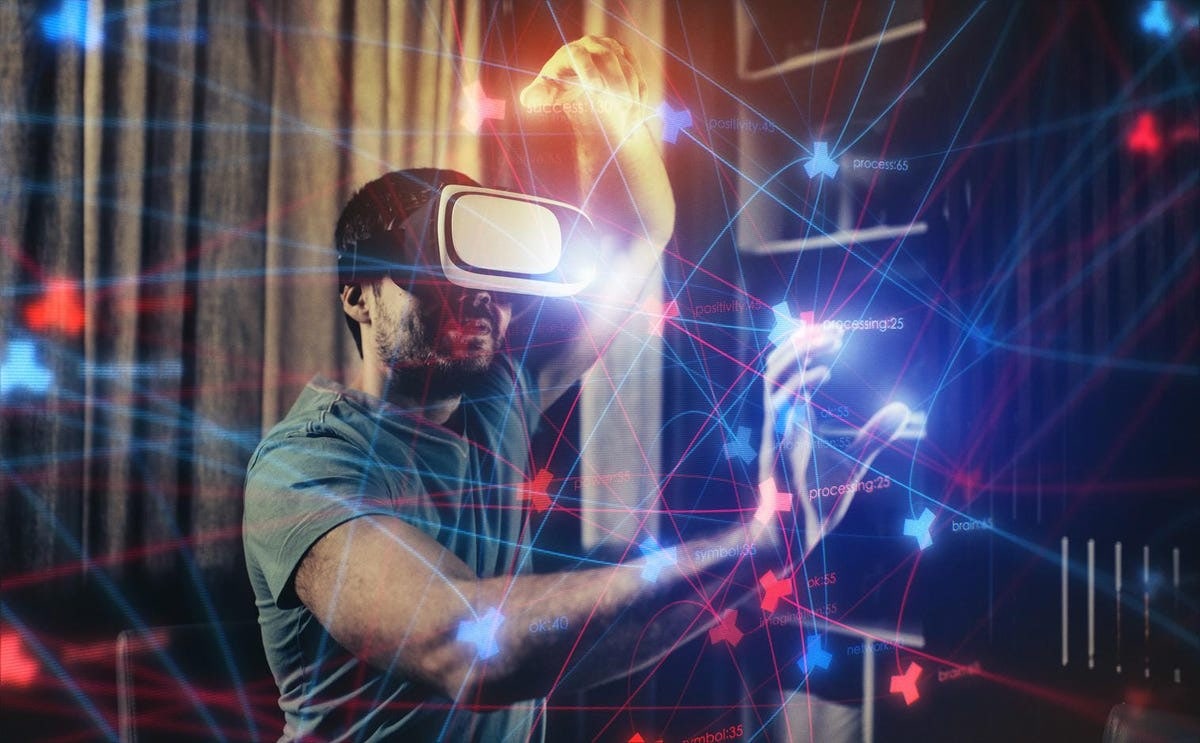
The second feature of NFT is that these tokens are created based on smart contracts. A smart contract assumes that certain actions are taken if certain conditions are met. The seller won't receive the funds until he hands over the product to the buyer. But neither will the buyer receive the product until he transfers funds to the seller.
The smart contract itself guarantees the parties' compliance with the contract; no additional guarantors or third parties are needed. Moreover, the seller and the buyer do not need to interact directly - the purchase/sale is performed on a specialized marketplace literally in a couple of clicks.
The third property of NFT, which made the non-interchangeable tokens the basis of the Meta universe, does not distinguish but unites them with ordinary coins. They are all blockchain-based. This means we are talking about a decentralized system where decisions are made by validators - an independent group of users formed at one time to conduct a specific transaction. Therefore, the transaction is always executed and no one can adjust its terms.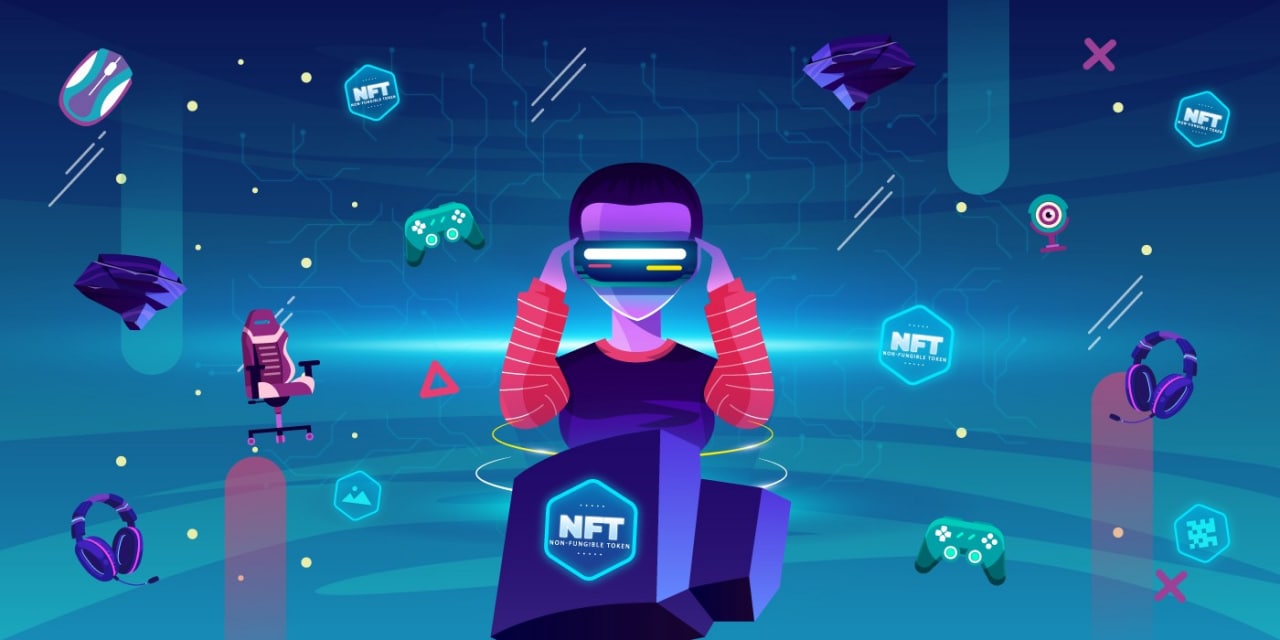
It is impossible to change the content of a smart contract. It is impossible to change the owner of an NFT or to direct the object of sale to another buyer during contract execution. In addition, as with all blockchains, there is a rule of transparency and anonymity. All transactions are 100% traceable, and at the same time, it is impossible to determine who made and received the payment.
This is how the concepts of blockchain, the Metaverse, and NFT are related. Non-interchangeable tokens have become the perfect solution to the question of how financial interactions will happen in the digital world. It is both a universal currency, an object of financial interest, and a guarantor of the parties' contract of sale and purchase. Of course, this raises many legal nuances. NFTs at the moment are not regulated by the global financial system or the government of any country.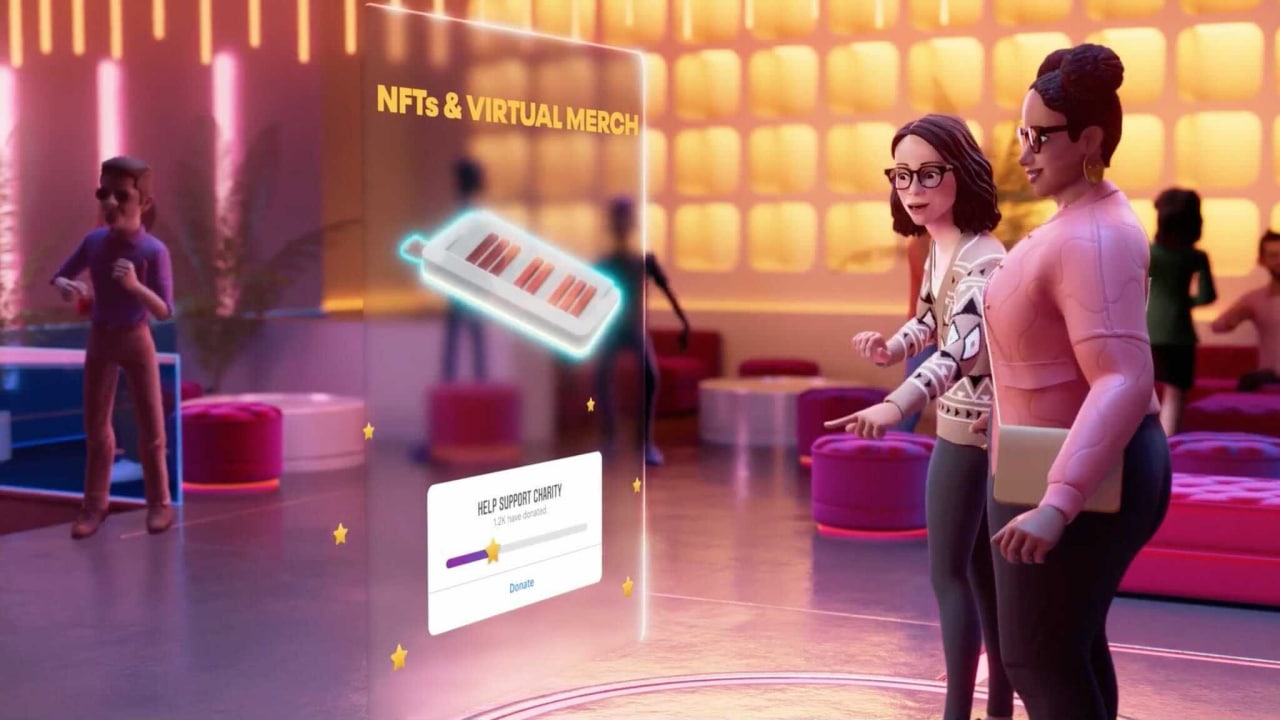
The potential of NFT in the Metaverse is directly related to the potential of the concept itself. Titans such as Meta (formerly Facebook), Nvidia, Unity, and Microsoft are building the Metaverse. GUCCI, Louis Vuitton, Nike, Coca-Cola, and hundreds of other brands from different fields have already opened their offices in the digital world. This is not the future, but the present. There is no doubt that the idea of the Meta-Universe will develop faster and faster, and with it, the NFT will strengthen its position.
But there are risks as well. While NFTs have the basic properties of ordinary coins, they are much less dependent on political and economic factors. For example, the price of Bitcoin has plummeted amid global volatility, but the land in the Metaverse has not fallen in price. Accordingly, the NFTs that represent this land have not gotten cheaper. This is the main advantage and the main disadvantage of non-interchangeable tokens - only their owners form their value.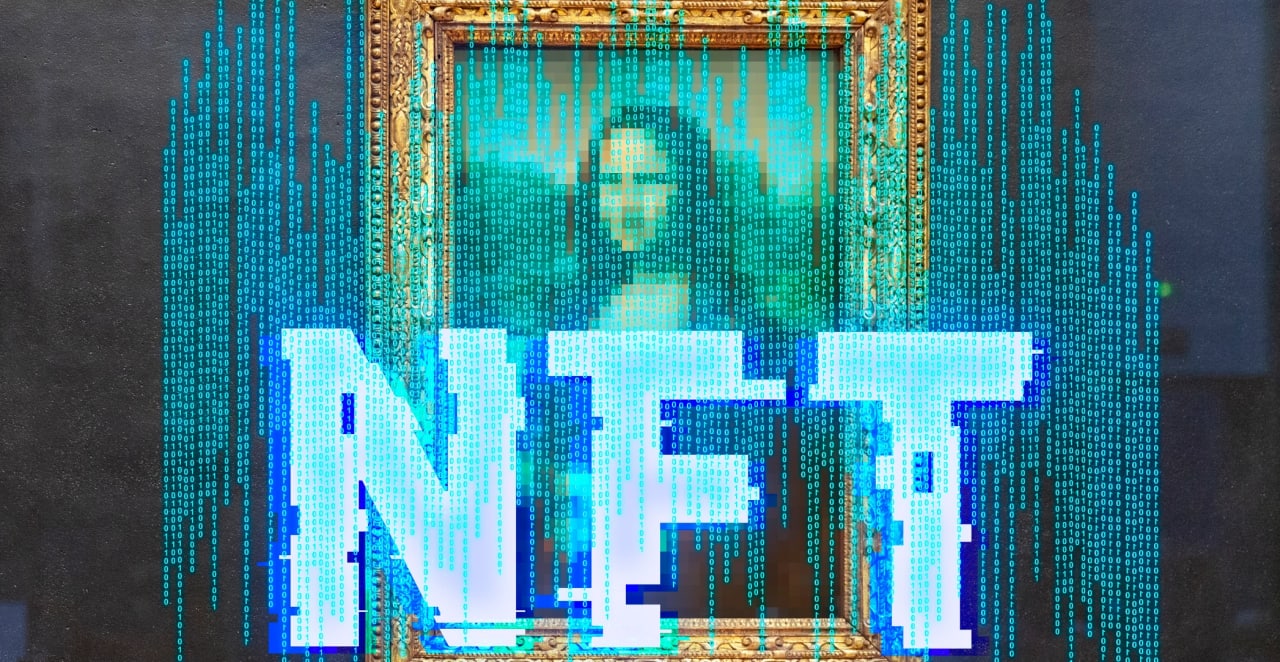
For example, let's say you buy an NFT on a promoted painting for $1,000, but you soon discover that you can't sell it for the same amount because the author has disappeared from view and no longer has the former reputation. However, the opposite situation is also possible - the author enters the industry top, and his work skyrocket in value. By the way, this is one of the effective methods of making money on NFT in the Metaverse, but about it in the next article.
______________
Also, if you want to use all available trading tools to increase your profits as soon as possible - follow this link below, or contact us via live chat. Our experts will help you to choose the best strategy for success.
Follow our updates for useful information in our series of articles.

